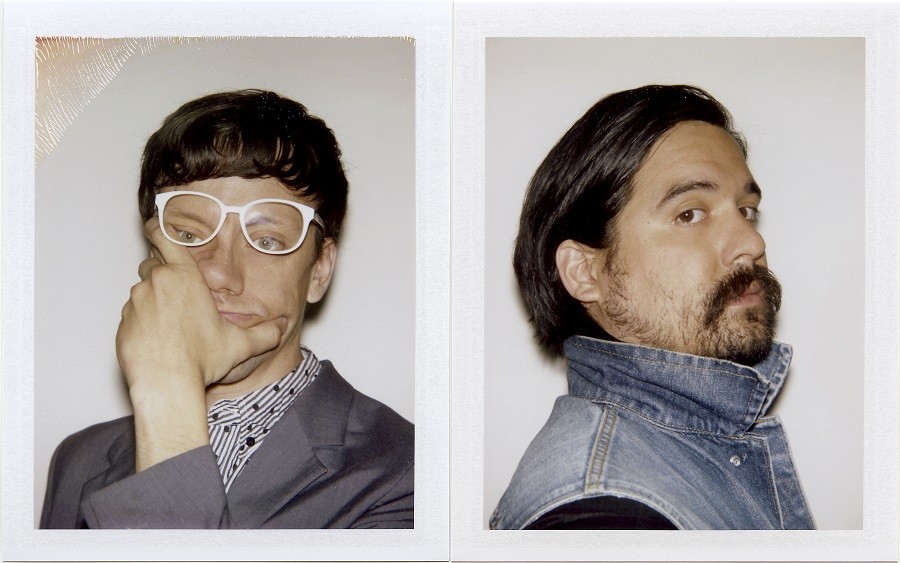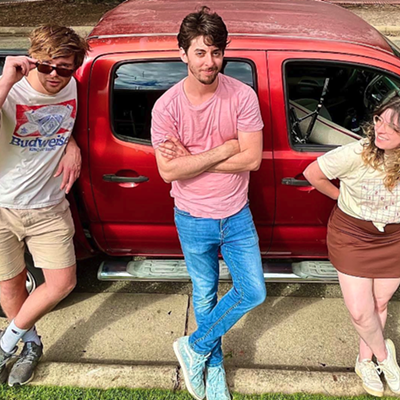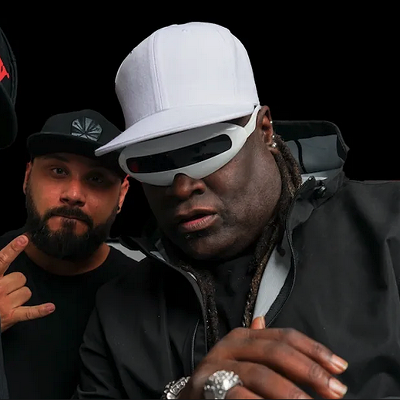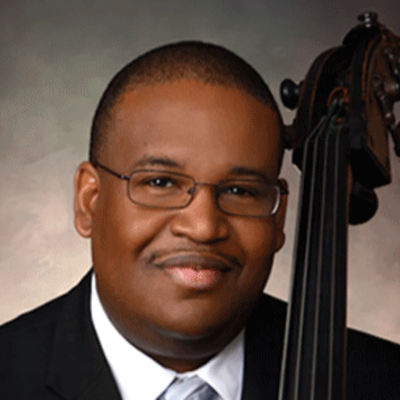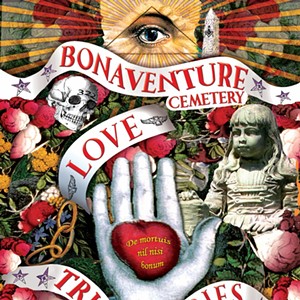PHILADELPHIA NATIVES Man Man are an incredibly unique band, with a lineup of multi-instrumentalists playing very nontraditional instruments for anything typically under the umbrella of pop or rock music.
Led by songwriter Ryan Kattner, aka Honus Honus, the band spent several years releasing critically acclaimed music and embarking on major tours—building a large fanbase along the way and landing several major TV and commercial placements.
In 2013, Honus Honus hit the pause button following the release of On Oni Pond. He made a solo record, did some film scoring work, and tried other things with his musical life. Now, the band is back on the road and prepping new music as well.
They’ll be coming to Victory North on Wed., July 17 with support from Rebecca Black, and we chatted with Honus Honus ahead of the show to learn about the new music and his philosophy on art.
I’m curious about something—a lot of what you do revolves around the sort of orchestral instrumentation, which reminds me a lot of Pet Sounds, or the Phil Spector wall of sound stuff. Where does that nontraditional approach to instrumentation come from?
Honus: I think it’s more of a restless spirit. I do appreciate those reference points, but when I started playing music it was an entirely self-taught, kind of accidental career. When it came to composing songs, I found it infinitely more interesting to front your band with a keyboard instead of a guitar. Or instead of having a guitar solo, have a marimba solo. I’ve always loved the sound of woodwind instruments, and I’ve been fascinated by incorporating those kinds of sounds. But I’ve never wanted to be in a “rock band.”
That’s really interesting. It is a similar mentality to, say, Brian Wilson making Pet Sounds. Just really wanting to buck tradition and blur stylistic and sonic lines.
Honus: I’ll take a comparison to Brian Wilson any day! [laughs]
I’m glad you noticed it. I feel like it’s something that gets lost in the whirlwind of, “they’re a crazy live band.” We also have very concise arrangements and instrumentation.
Which leads me to my next question—how much of the way you compose and write relies on recording and production? It would seem like the kind of things you’re doing would lean heavily on the studio as part of the composition process. Is that a fair assessment?
Honus: I wish. We’ve never really had the budget to write like that, so when we go into the studio the songs are arranged and written. We’ll obviously finesse things—we usually write in isolation, and I compose the skeleton of the songs mainly on piano. Then I bring it to the group. Through playing the songs out live, it’s a matter of subtraction. I will say, with this new record that we’ve been cooking up over the past three years with my buddy and bandmate King Cyrus King, we have had the luxury to track out the songs and play around with ideas in the studio because he ran his own studio in Los Angeles.
So I think, in a way, he really helped me realize my vision and what I wanted to hear more than on past records. I think it’s pretty typical for bands to wax endlessly about how their latest batch of songs is their best, but I truly believe this is.
Well, it’s been six years!
Honus: Yeah, it’s been six years. But I put out a Mr. Heavenly record, I put out a Honus record, I did some scoring work, so it’s all sort of bleeding in there.
How is this new record different than previous ones?
Honus: I feel like anything I work on is always going to be a flurry of emotions. It’s always going to be a juxtaposition of warring ideas. Man Man was my first band; it’s where I kind of learned how to write songs, and I’m still learning. And after every record is made I forget how to write songs and I have to re-learn the process. But every time I get into it, it’s like chopping away at an old tree. I’m still retaining some of the lessons I learned in the past, and just paying it forward to the new songs.
It just feels like the orchestration is better. I still have the restless energy—for every beautiful ballad I want to just scream at the moon until I blow my vocals.
Do you think that spending the last six years doing other things has informed the way you approach Man Man right now? Sometimes when you do the two-year cycle with your main thing, stepping away from it can be really informative musically.
Honus: Yeah. Putting baby in a corner wasn’t entirely my choice, but it was just something I had to deal with. You can’t put Man Man into a corner for too long before it creeps back into your life. Every record cycle is an influx of new-blooded players, and that always reinvigorates me. I kind of liken my time away from it to my time in the desert. And when I was out there I found some incredible drifters to jump on this path with me, and now we’re back. The players I have now are just fantastic.
Do you tend to have a sonic goal in mind when you go in to make a record?
Honus: I don’t want to repeat myself. And that’s been something that’s been really encouraging about this latest round of touring we’ve been doing. One of the records I’m most proud of is the Life Fantastic album, which came out in 2011. When it came out, it was largely maligned and panned. But it’s been very touching to go out on these tours and to hear people tell me that it’s their favorite record of the bunch. When it came out at the time, it didn’t sound like our other records. I don’t want to make a record that sounds like our other records. That’s so boring to me. Humans grow and change. They go through heartbreaks, life changes—everything bleeds into the music.
That happens with a lot of records, where initially the reaction is like, “What is this? It’s not what I expected.” And then history is a lot kinder. Like Fleetwood Mac’s Tusk. People thought it was this weird cocaine record, but now it’s really considered the art piece of their catalog.
Honus: It would be nice for it to catch up to the present, you know? [laughs]. It’d be nice to put something out where people said “oh shit” now rather than later. But all you can do is just keep making stuff and hoping that people still want to speak your language. Or want to learn it.

